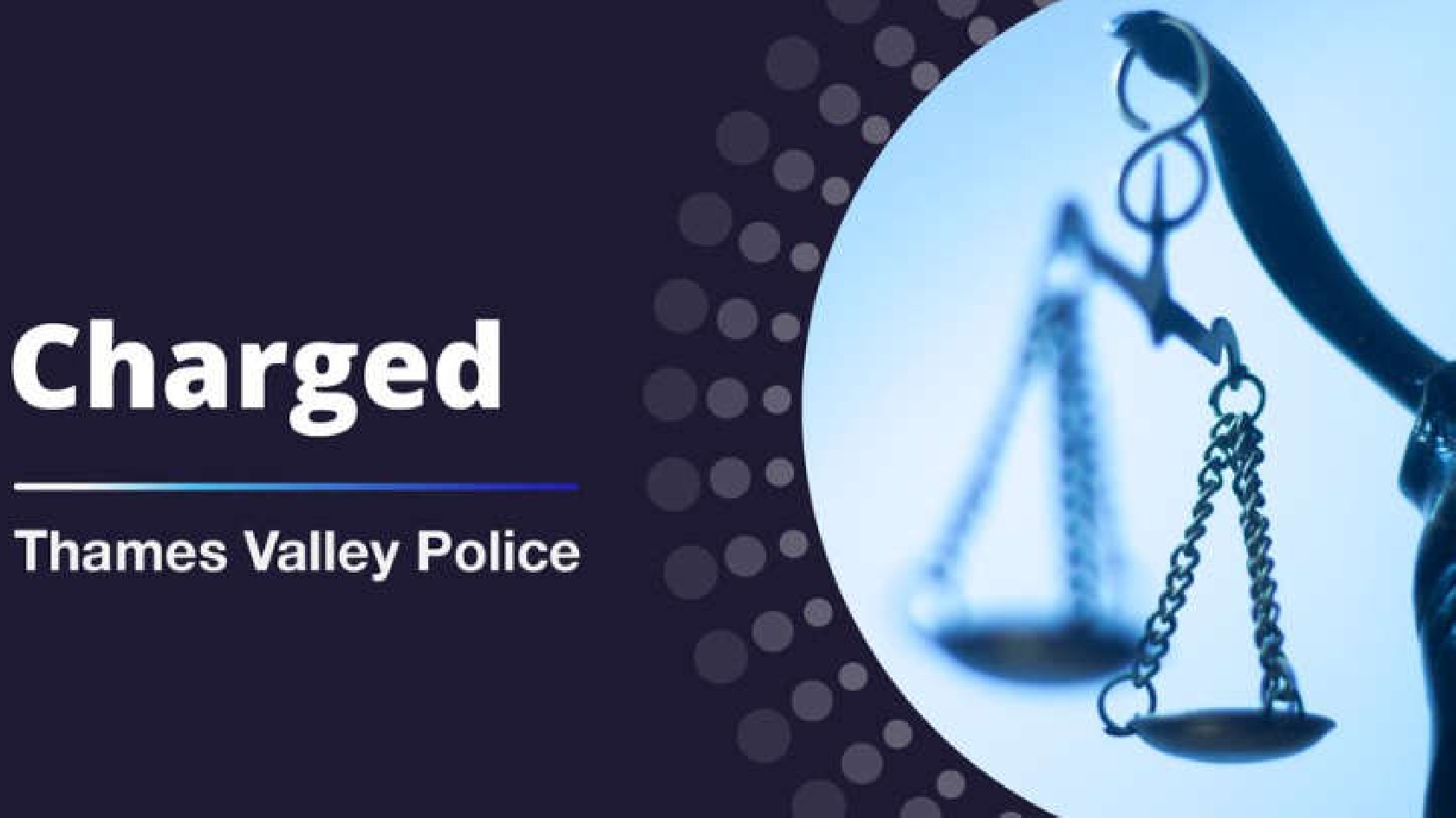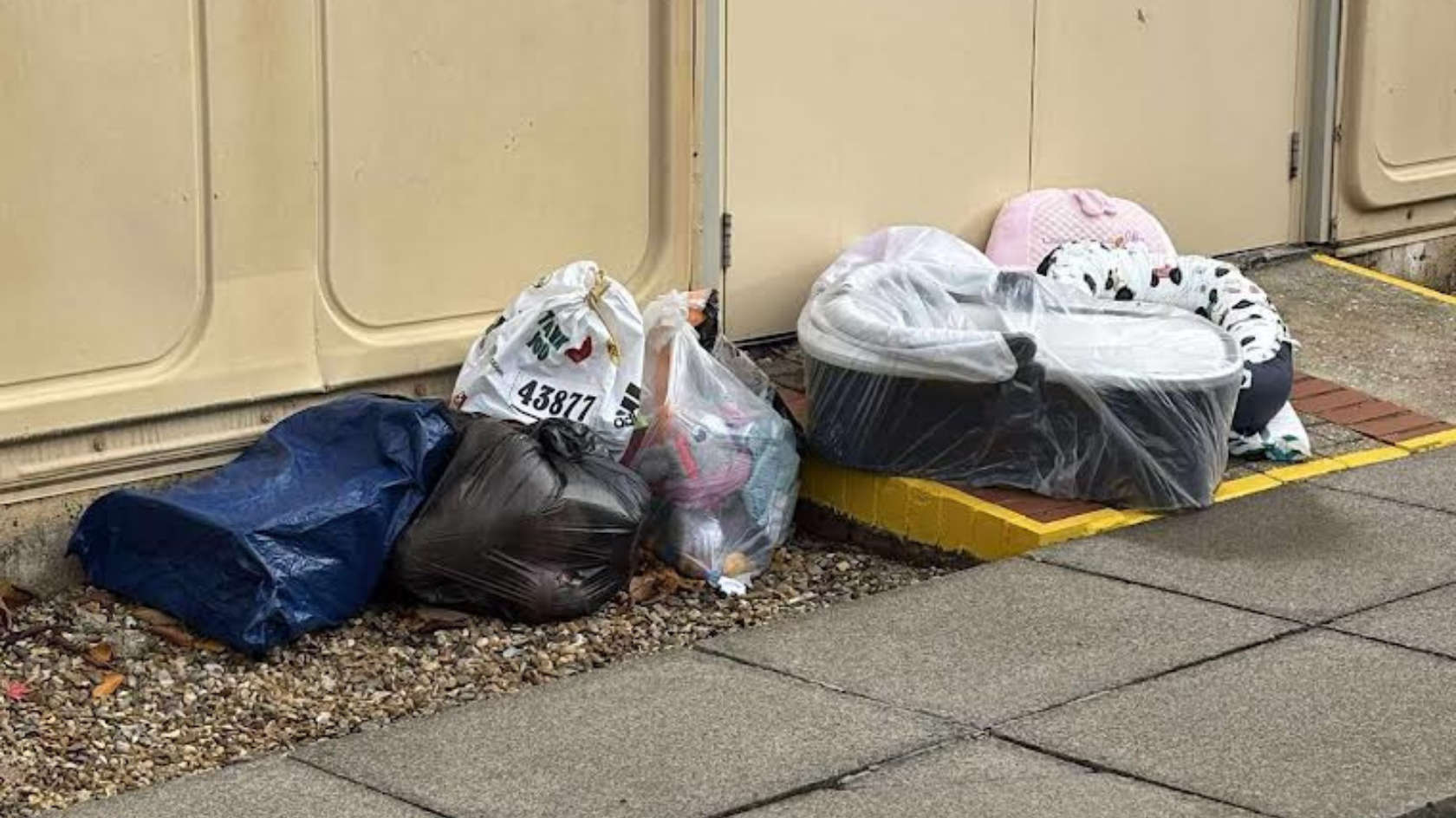To understand why Rachel Reeves stood up at 8am in Downing Street in an unprecedented news conference to foreshadow the budget, you need to understand the depth of the problems facing the chancellor.
In 22 days, she must perform the biggest U-turn it is possible for a chancellor to make.
She must hike taxes to the tune of tens of billions of pounds, having promised in the election manifesto that this would not be necessary, and reiterated this promise under a year ago after an initial £40bn of rises.
Not many inhabitants of Number 11 would stay in post if they had to make such a pivot.
But Sir Keir Starmer cannot lose her and know for sure that he also stays in place.
So Ms Reeves is battling for her credibility - and ultimately the survival of this government. The stakes are high.
Politics latest: Reeves refuses to rule out manifesto-breaking tax rises
So back to this morning. Ever since the summer, those in Westminster have known tax rises are on the way in the autumn budget. A Treasury source told me that pitch-rolling for the budget began in July - yet their issue is that to date, almost no-one had noticed.
The subject of the budget was an omerta as recently as the Labour conference a month ago - it simply wasn't on the agenda in Liverpool.
The first public acknowledgement that she was looking at taxes was in an interview with me on Sky News three weeks ago. She has intermittently revisited the subject subsequently, but quite bluntly, the public haven't yet noticed.
As recently as last week, people in the Treasury were acknowledging to me that the public are as yet unprepared for the tax shock expected on the scale on 26 November.
So this morning's event was designed to be shock and awe - an 8am news conference is designed to jolt Westminster and the viewing public to attention, because inside the Treasury they are "desperate" - their words - to get the public watching.
The format allows her to look in control, like a stateswoman in Downing Street making arguments on her terms, even though these are arguments she has been forced into.
So the job of this morning was to educate the public that tax rises are coming, but also put them on notice that this could involve a breach of manifesto promises by raising one of income tax, national insurance, corporation tax or VAT - and then to try and lay the blame anywhere but at the feet of this government.
She also wants to give some hope - by giving a sense of what priorities she would protect.
So what to make of the arguments she made?
'The impact of Tory austerity, their botched Brexit deal and the pandemic on Britain's productivity is worse than feared'
Is it really all the Tories fault?
Ms Reeves made an argument today about how lower growth is responsible for Britain's economic ills, and listed causes with a long tale going back many years for it. This is true, but isn't strictly the reason for her problems at this budget.
On 26 November, she must fill a £20bn-£30bn "black hole" - that's the extent to which she is in on course to breach her own self-imposed borrowing limits, known as fiscal rules.
Many of the components of the black hole cannot be put at the door of the Tories. Here's why:
She must find £10bn to account for policy decisions the government has been pushed into - a failure to push through welfare reform, a U-turn on winter fuel payments, a likely rollover of fuel duty.
She is likely to have to find a further £5bn for decisions she is likely to take - scrapping of the two-child benefit cap, help for energy bills and an emergency injection for redundancy bills and strike coverage costs.
So £15bn of the black hole cannot be blamed on the Tories.
A further £2bn-£4bn for additional debt interest costs is a consequence of the higher borrowing just since the March spring statement - again not the Tories' fault - and also wants £10bn to give herself a bigger buffer to exit the doom loop.
Ms Reeves has greater scope to argue that the productivity review has longer-term causes, but this is likely to be offset by better wage news, and there is an argument that Labour could have foreseen the productivity downgrade before the election because the Office for Budget Responsibility figures were out of line with other forecasters.
So this is a tricky case to sustain, even though the government has no choice but to make it.
?Listen to Politics At Sam And Anne's on your podcast app?
'Protecting our NHS, reducing our national debt and improving the cost of living'
The news is grim - but this is the chancellor's promise of what she is going to prioritise. But what does this amount to?
NHS: I understand this is not a promise of new money for waiting lists in this budget. Ms Reeves is actually making a political argument about the need to not U-turn on last year's £22bn a year NHS investment - although the public may not hear it.
Cost of living: Partly this is an argument about investment already made in things like breakfast clubs. But with CPI inflation at 4.1%, it's a major concern - but not one that can be tackled without government spending many billions. There will be some help for energy bills, but not the tens of billions that Liz Truss put towards such schemes. So this risks disappointment.
Reducing debt: It is not about to go down. Her fiscal rules mean she is going to be reducing debt as a percentage of GDP - and even then, only debt on some things, as the fiscal rules spell out some exemptions. So the actual amount we borrow from the markets will continue to grow.
Does it work?
Today is about saying with a louder megaphone things we already knew. She declined to say whether ultimately she will break the manifesto, or what will happen.
She has, however, candidly started a conversation that needed to begin.

(c) Sky News 2025: Why Chancellor Rachel Reeves chose 'shock and awe' 8am news conference













